Category Archives for "Mental Health"

A huge 80% of all mothers experience the ‘baby blues’, which classically arrive in the first week after the birth (often on day four!) and are usually dispelled after a few days with plenty of support from your partner, family and friends.
For one in ten new mums, however, ‘the blues’ last longer than two weeks and are often a sign that postnatal depression is developing. Postnatal depression can begin at any time during the first year. It can be experienced by first time mums, mums who already have several children and even fathers – although theirs usually kicks in later, around 3-6 months after the birth. Postnatal depression can also affect women who have had a miscarriage or stillbirth.
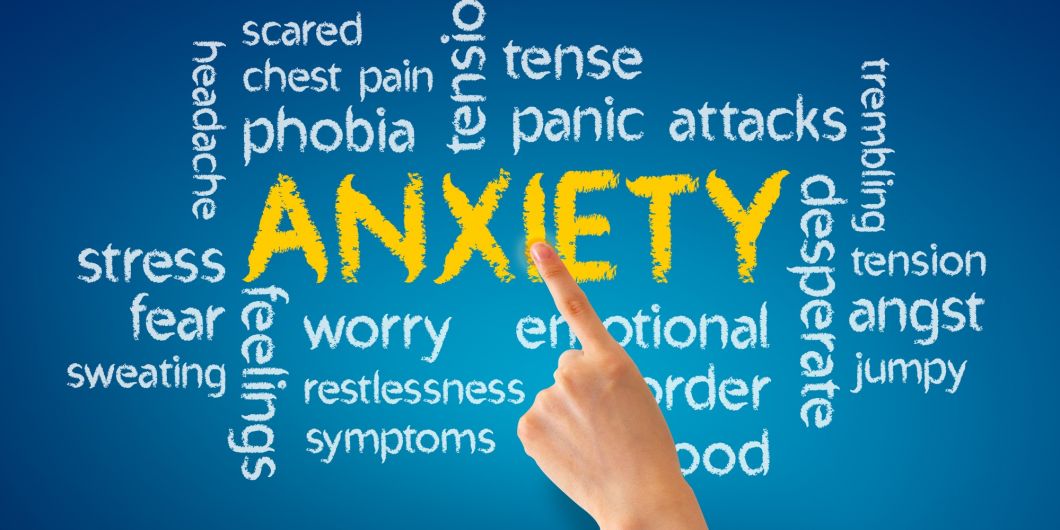
While Depression and Anxiety are two different medical conditions, their symptoms, causes, and treatments can often overlap. Try asking someone to name two common mental health problems, chances are they will think of anxiety and depression. Despite the fact that they are commonly referenced in conversation, people still struggle sometimes to determine the difference between these two conditions. This is because many people with anxiety also develop depression and vice versa.
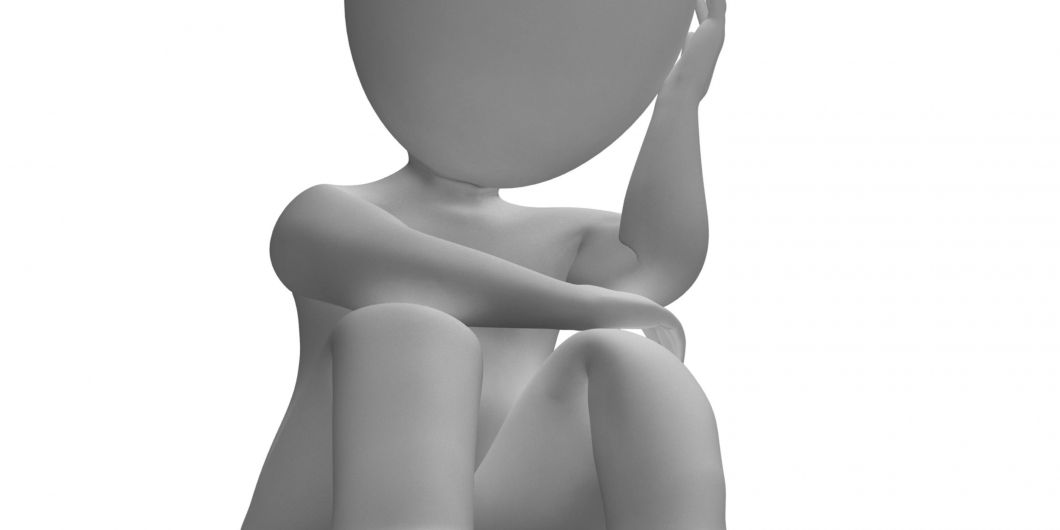
Depression is a very serious mood disorder that can affect anyone regardless of age, gender, race, social status or ethnicity. Depression is an illness that affects your body, mind, disposition, sleep and your thoughts.
This condition can be caused by many factors. There can also be a genetic component to depression.
Have you been told that you have a diagnosis of depression? Do some of the feelings and experiences listed here get in the way of living your life the way you want to?
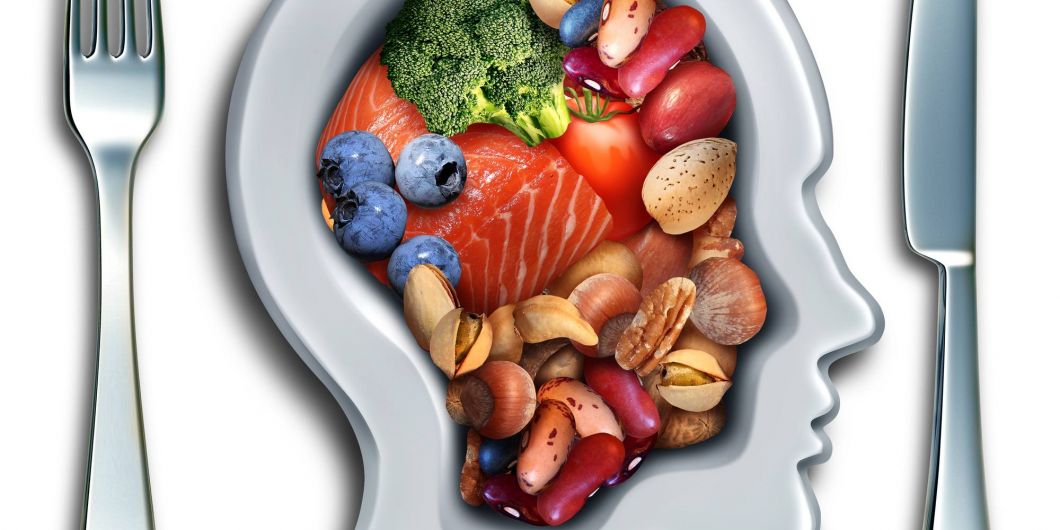
Juliette Kellow and Dr Sarah Brewer take a look at some of the best foods to eat for brain health. We can't reverse all the brain changes that come with getting older. But as we find out about how ageing affects the brain, research offers up new food solutions to slow cognitive decline, boost mood, improve memory, and protect against dementia and stroke.

It's well-known that traumatic experiences in childhood increase the likelihood of depression and other mental health problems in adult life.
However, an investigation suggests that there could well be an upside to these childhood experiences as well.
People who reported that they'd experienced the death of a close family member or parental separation before the age of 17 showed increased levels of empathy, a greater ability to see things from alternative perspectives and had a better understanding of other people's emotional states.
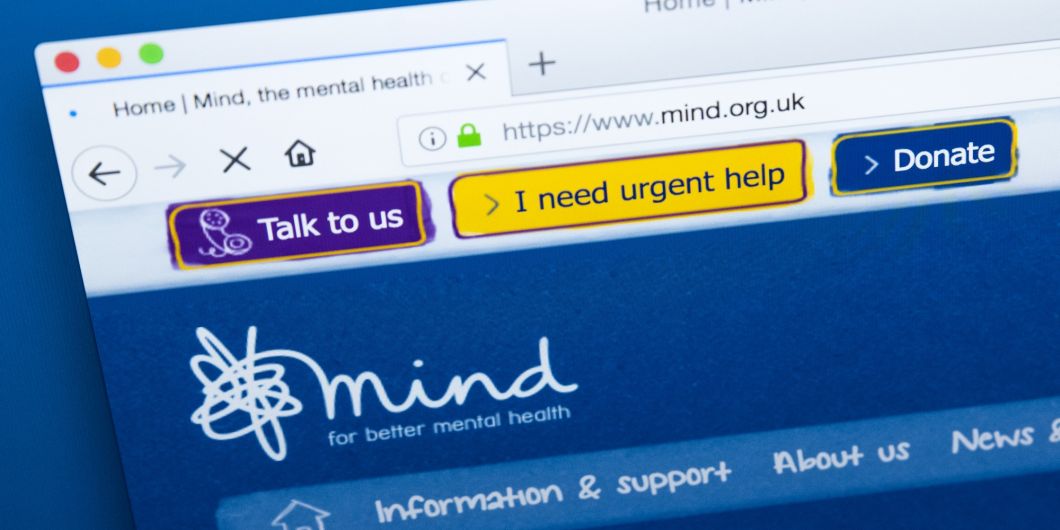
Although the UK’s awareness of mental health care has improved radically since the 1960s, there is still an associated stigma that would surprise most Americans. For instance, a visit to a psychologist in the US is perceived as somewhat routine, but that’s not so in Britain, where seeking therapy is a big step – it’s an admission of an illness that is considered shameful, so therapy sessions would probably be kept secret.

To put it in a short little phrase, binaural beats are like exercises for the mind. It’s because they are known to help with memory, mood, cognition, and in the treatment of diseases connected to the brain, like Alzheimer’s and dementia.
![brain-fog[1]](https://media.publit.io/file/q_80/brain-fog1.jpg)
If you are wondering what brain fog is, it’s basically just the opposite of when you feel calm, optimistic, level-headed and motivated.
It’s understandable why it can rob one of happiness and inspiration, increasing the likelihood of depression and anxiety.
Even the medical fraternity has not recognized this ‘condition’ as a real, specific health condition - in medical literature; brain fog is usually described as a ‘mild cognitive impairment’. And coffee doesn’t help!

Researchers have discovered that growing up or living in the city affects how stress is processed in the brain. “Previous findings have shown that the risk for anxiety disorders is 21 percent higher for people from the city, who also have a 39 percent increase for mood disorders,”

Emotions are something you can’t see and you can’t touch them either. But one thing you can do, and that is to feel them! Some people are excellent at having their emotions buried down in the recesses of their being, protecting themselves from being hurt by other people.

A very important part of each of our lives. In fact, if our emotional health is not good, it is not likely that our physical health will be up to par either.
Emotional health is what helps you to reach your full potential, it enables you to work productively and it also helps you to cope with all the stresses and knocks of life effectively. All the above can’t function properly if your physical health is poor.
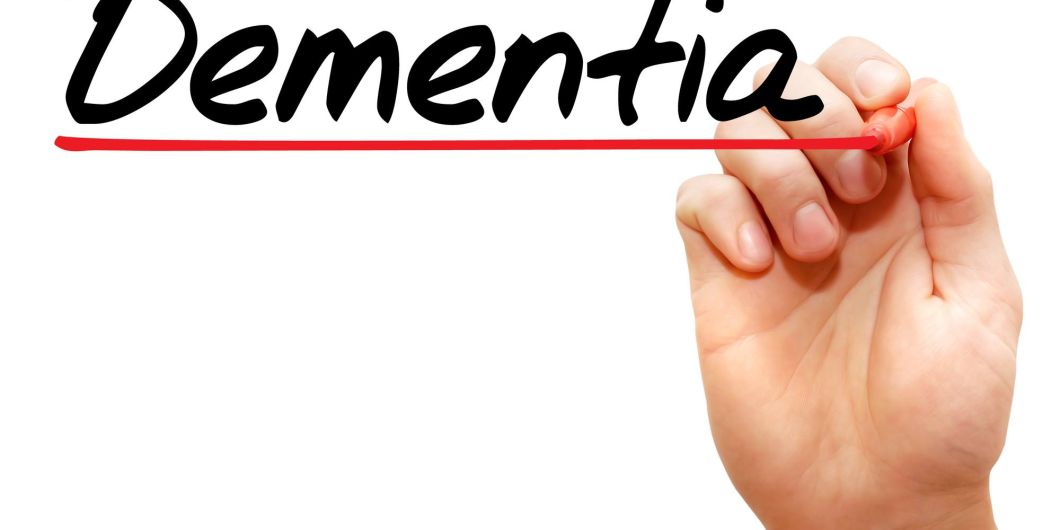
When caring for someone with dementia, you may begin to see that daily tasks become overwhelming as the dementia becomes more severe. There are a few things to watch out for in this area.

Dr Jonathan Leach looks at the role friends play within the recovery state of a person mental health problems. How friendship and support, even from a stranger can be therapeutic.
‘Quite often talking is the best form of therapy and having someone who knows you, who you can confide in and can talk back to you on a personal level based on the fact they know you, can sometimes be very comforting.’
(Service user quoted in Leach, 2015)

All of us no doubt has experienced loneliness every now and then. This feeling of loneliness, it can drain one of self-esteem, it can cause us even to become depressed, and it can lead us to take on unnatural behavioral tendencies or death.
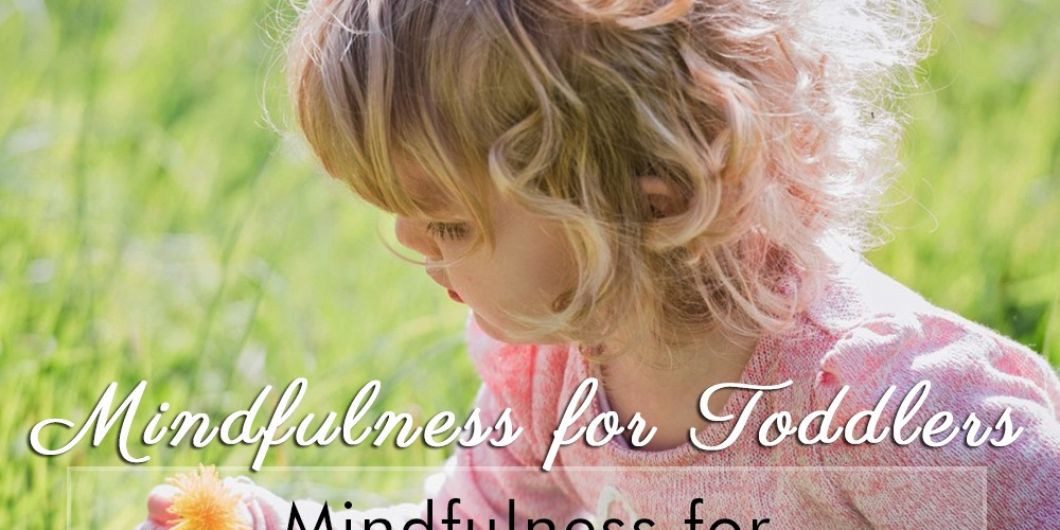
Have kids, they said. It’ll be fun, they said. When these little blessings hit the terrible two’s, things get real! We’ve held them and nurtured them from their first breath and it seems when they hit a certain age, toddler-hood, they turn into little imps running around controlling the universe. Oh, the tantrums!
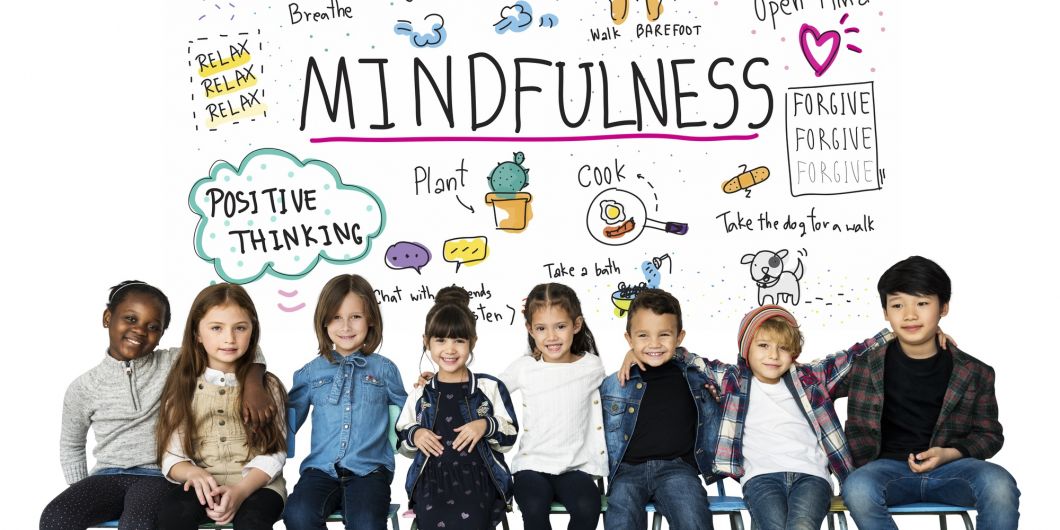
As adults we tend to be opinionated about how teenagers have become in the last decade or so. Playing the devil’s advocate here, what if the teens and students are under a great deal of stress and we are simply refusing to acknowledge it?

You might have noticed that the word ‘mindfulness’ is quite ‘in’ at the moment; very trendy.
Courses on the topic have increased dramatically, articles have been published, and workshops offered.

Relationships are hard work. People get busy with life and simply neglect to nourish their union. Sometimes it turns into a competition for time between family, work and self-care. With all that happens in a day or even a week, what’s left over for sustaining a relationship?